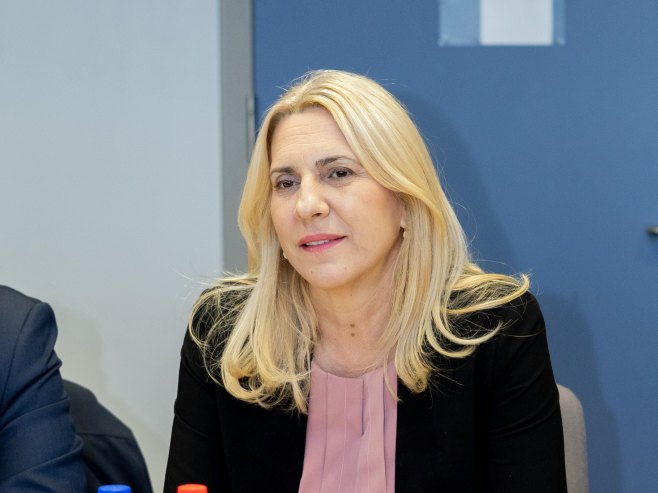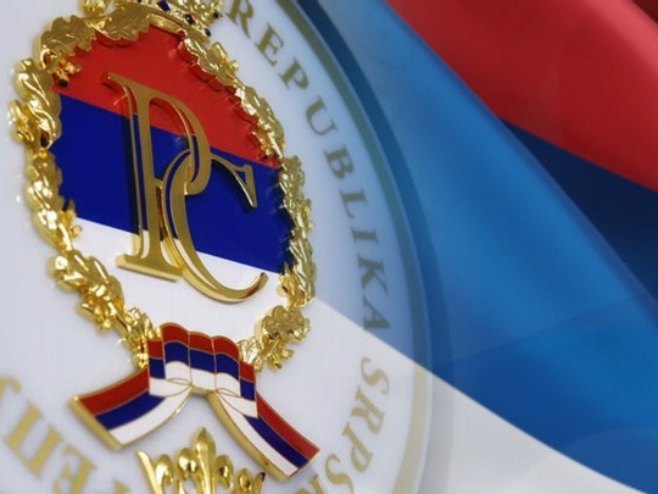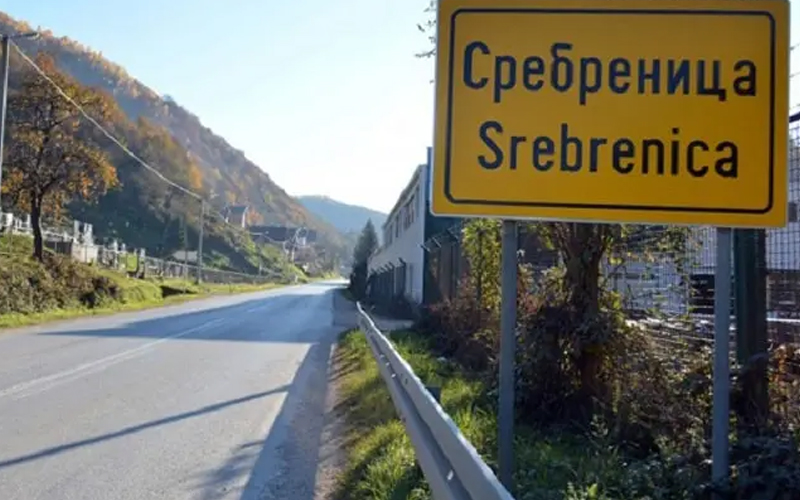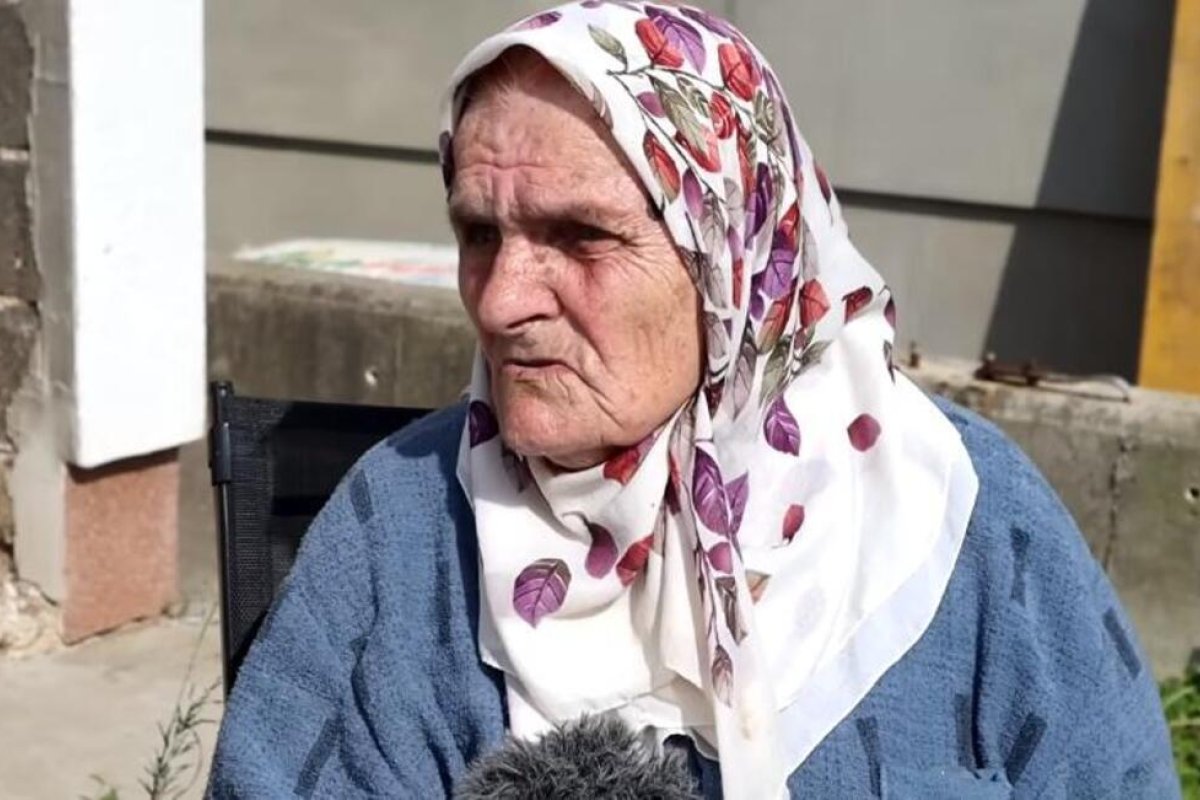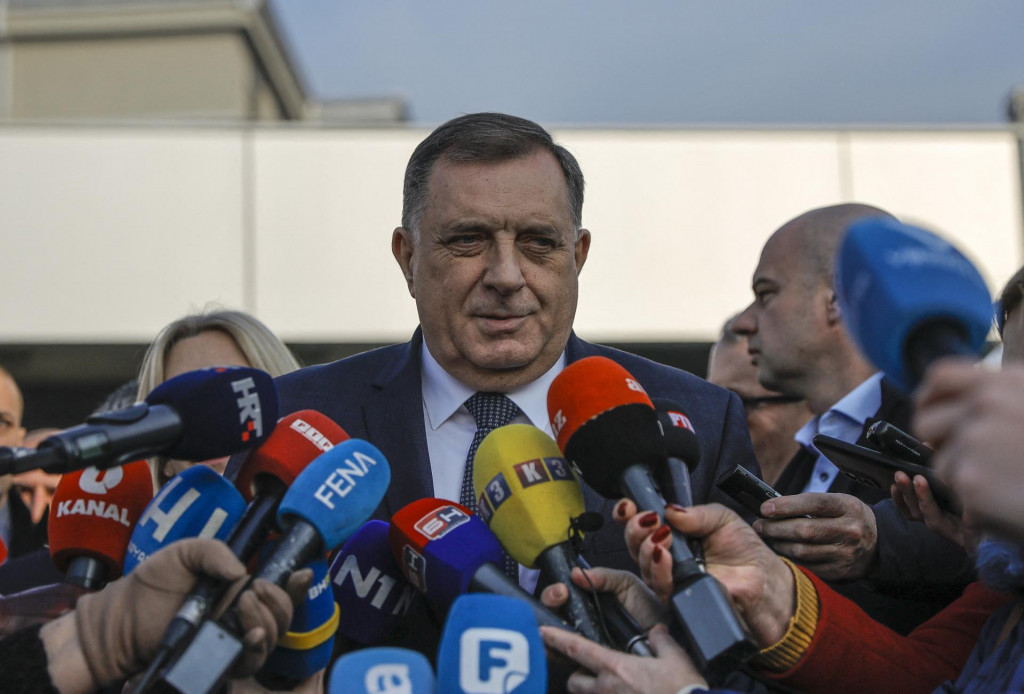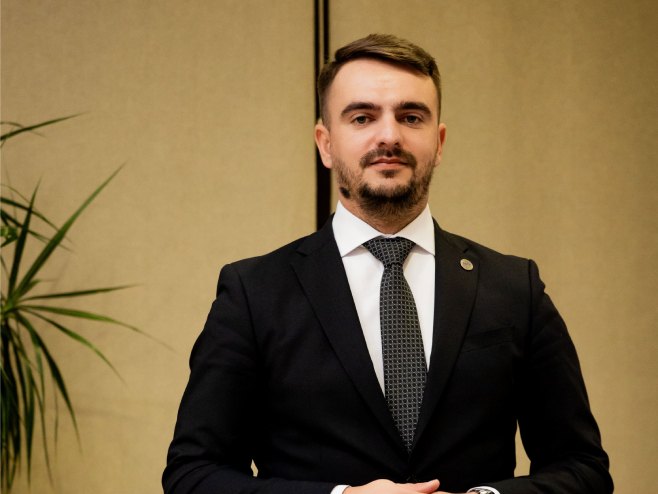A rabbi wrote a prayer in the memorial book of the Srebrenica Memorial Center—a prayer for the victims.
He spoke about October 7th—the day Hamas brutally murdered over 1,200 innocent Israelis.
He ended his message with the words “Baruch Dayan HaEmet”—a traditional Jewish blessing for the dead.
But someone crossed out the word “Jews” and replaced it with “Gazans” and “Palestinians.”
The prayer was turned into a provocation.
Remembrance into cynicism.
The photograph of the altered entry speaks for itself.
Whoever does something like this at a place of solemn reverence isn’t expressing a viewpoint—they’re revealing moral decay.
Such an act would be disgraceful anywhere—but especially in Bosnia, a country that often portrays itself as the moral conscience of Europe,
it reveals a disturbing level of political intolerance and hypocrisy toward Jews.
The recent cancellation of the international rabbinical conference in Sarajevo, due to fear of anti-Israeli protests, only reinforces that image.
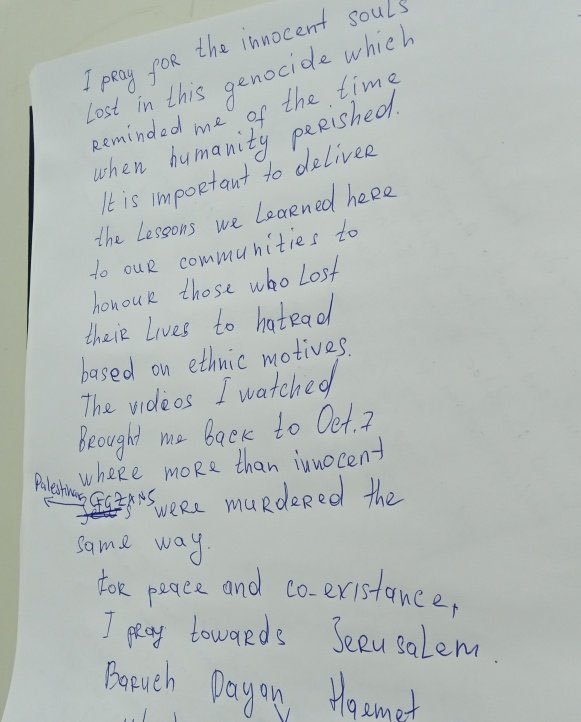
Whoever rewrites sites of remembrance for political purposes desecrates the very memory they claim to honor.
October 7th was not a “conflict”—it was an antisemitic massacre.
Precisely because Israel abstained from voting on the UN resolution on Srebrenica, that rabbi’s message carries even more weight:
It represents a voice that names what happened in Srebrenica as a tragic crime against innocent people—and pays them a dignified tribute.
Whoever fails to recognize October 7th for what it truly is—a pogrom against Jews—has never understood the meaning of Srebrenica.
Whoever alters Jewish memory exposes themselves—not as a guardian of remembrance, but as a hypocrite.
And whoever does so has no right to issue moral judgments at any site of remembrance on this planet.
Not in Bosnia. Not anywhere.
That is the bitter irony of our time:
Those who invoke July 11th as a symbol against hatred and extermination have no problem publicly erasing Jewish victims—with a ballpoint pen and false moral superiority.
Source: Jüdische Rundschau
